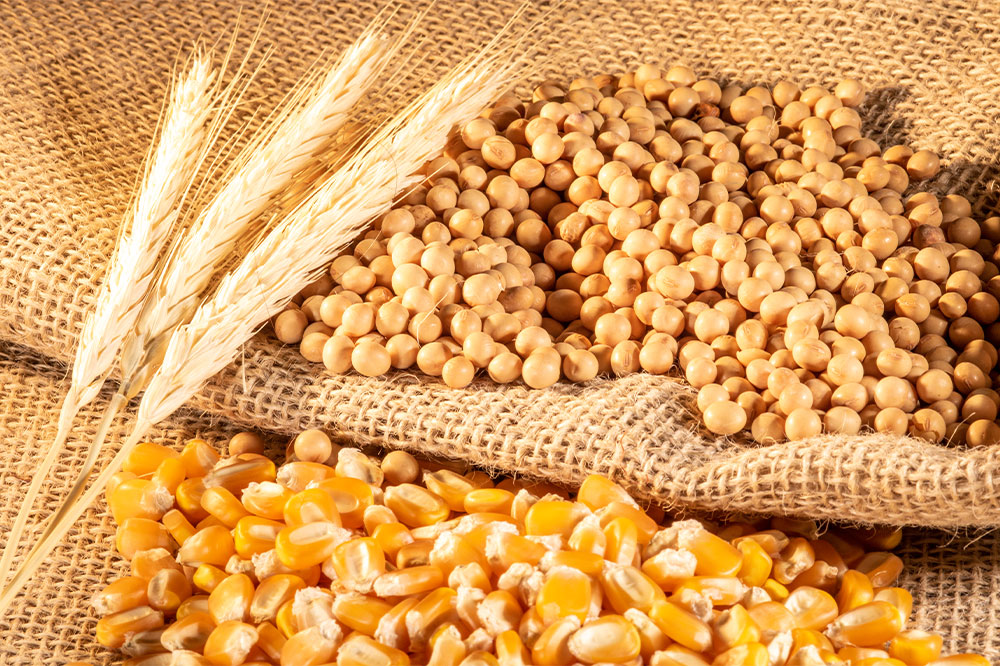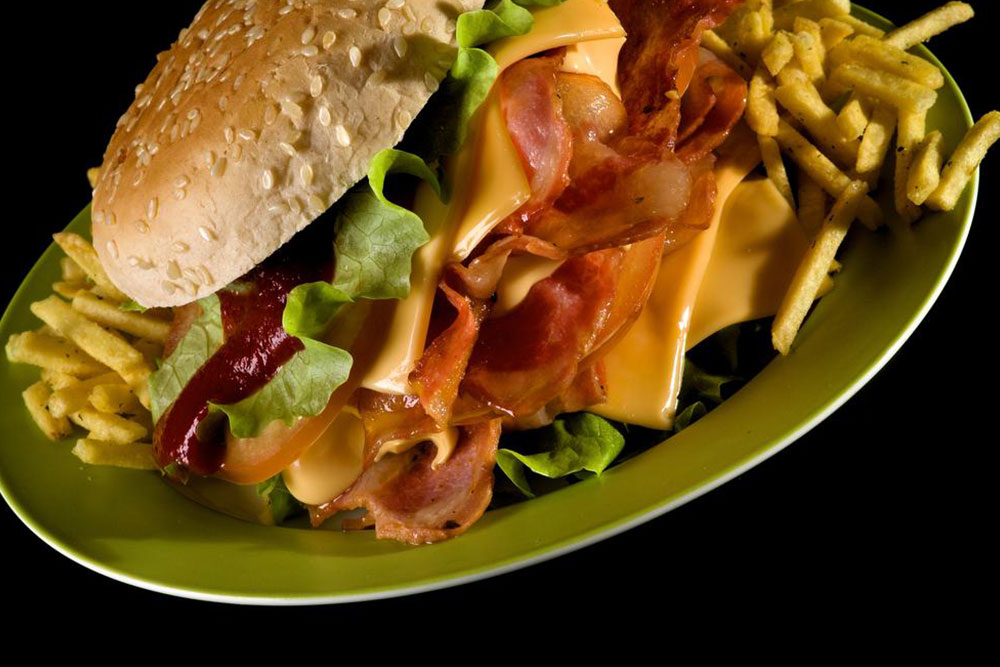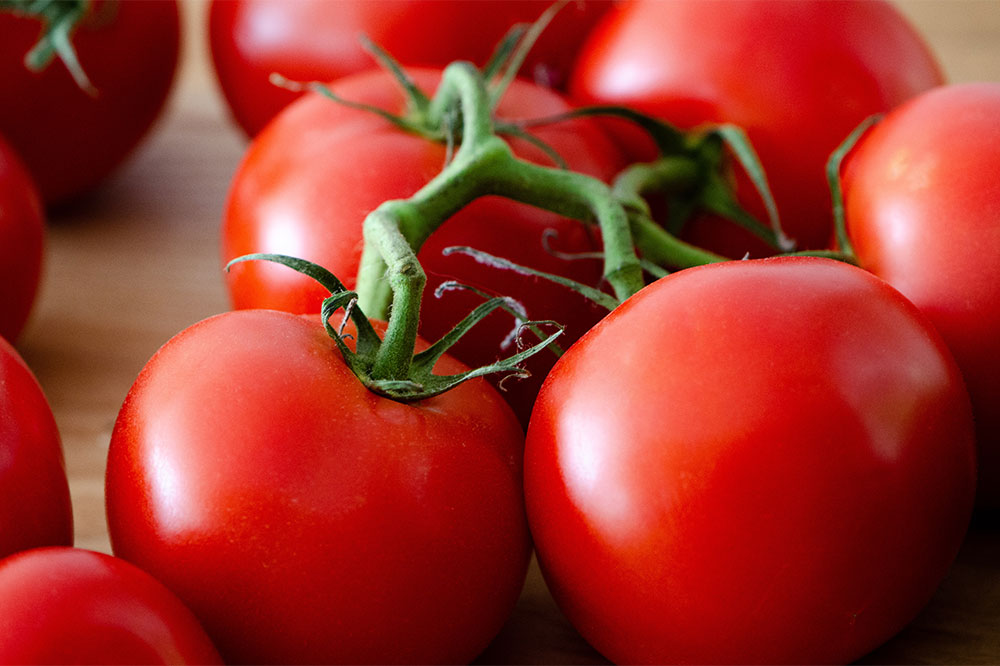Dietary Guidelines for Managing Rheumatoid Arthritis: Foods to Avoid
This article explores dietary modifications for rheumatoid arthritis management, highlighting foods to avoid such as processed foods, sugars, gluten, and nightshade vegetables. By understanding how certain foods influence inflammation, individuals can make informed dietary choices to alleviate symptoms and improve joint health. Always seek professional medical advice before making significant dietary changes for arthritis management.

Rheumatoid arthritis is an inflammatory joint disorder characterized by pain and stiffness. Its severity can be influenced by dietary choices, especially foods that promote inflammation. Managing your diet by avoiding certain foods can help reduce symptoms. Here are key foods that individuals with rheumatoid arthritis should limit or avoid.
Foods high in omega-6 fatty acids
Excess consumption of omega-6 rich foods like soybean oil, corn oil, safflower oil, sunflower oil, canola oil, nuts, and red meats can worsen inflammation. Opt for healthier fats such as olive oil or fatty fish like salmon and tuna to support joint health.
Refined sugar
Sugary foods like candies, sodas, baked goods, and processed snacks can trigger cytokine production, leading to increased inflammation. Replace these with antioxidant-rich fruits such as cranberries or prunes to satisfy sweet cravings.
High-sodium foods
Overconsumption of salt, found in processed foods, canned soups, cheeses, and deli meats, may elevate autoimmune responses. Use herbs and spices instead of salt to flavor your meals.
Gluten-containing products
Wheat, rye, and barley contain gluten, which can worsen inflammation in some rheumatoid arthritis patients, especially those with autoimmune conditions like celiac disease. Consider limiting gluten intake and consulting a healthcare professional.
AGEs in cooked animal foods
Foods cooked at high temperatures such as frying, grilling, or roasting—like bacon, steak, or chicken—contain advanced glycation end products (AGEs) that foster inflammation. Minimize these preparations and opt for steaming or boiling.
Processed foods
Packaged snacks, fast food, breakfast cereals, and baked goods often contain trans fats, refined grains, and excessive sugar, which can exacerbate symptoms. Focus on fresh, whole foods for better health.
Nightshade vegetables
Vegetables like tomatoes, peppers, eggplants, and potatoes may trigger flare-ups in some individuals. Limiting these vegetables temporarily can help gauge their impact on symptoms.
Disclaimer:
This article provides general information about diet and rheumatoid arthritis. It is not a substitute for professional medical advice. Always consult healthcare providers for personalized guidance and treatment options.










